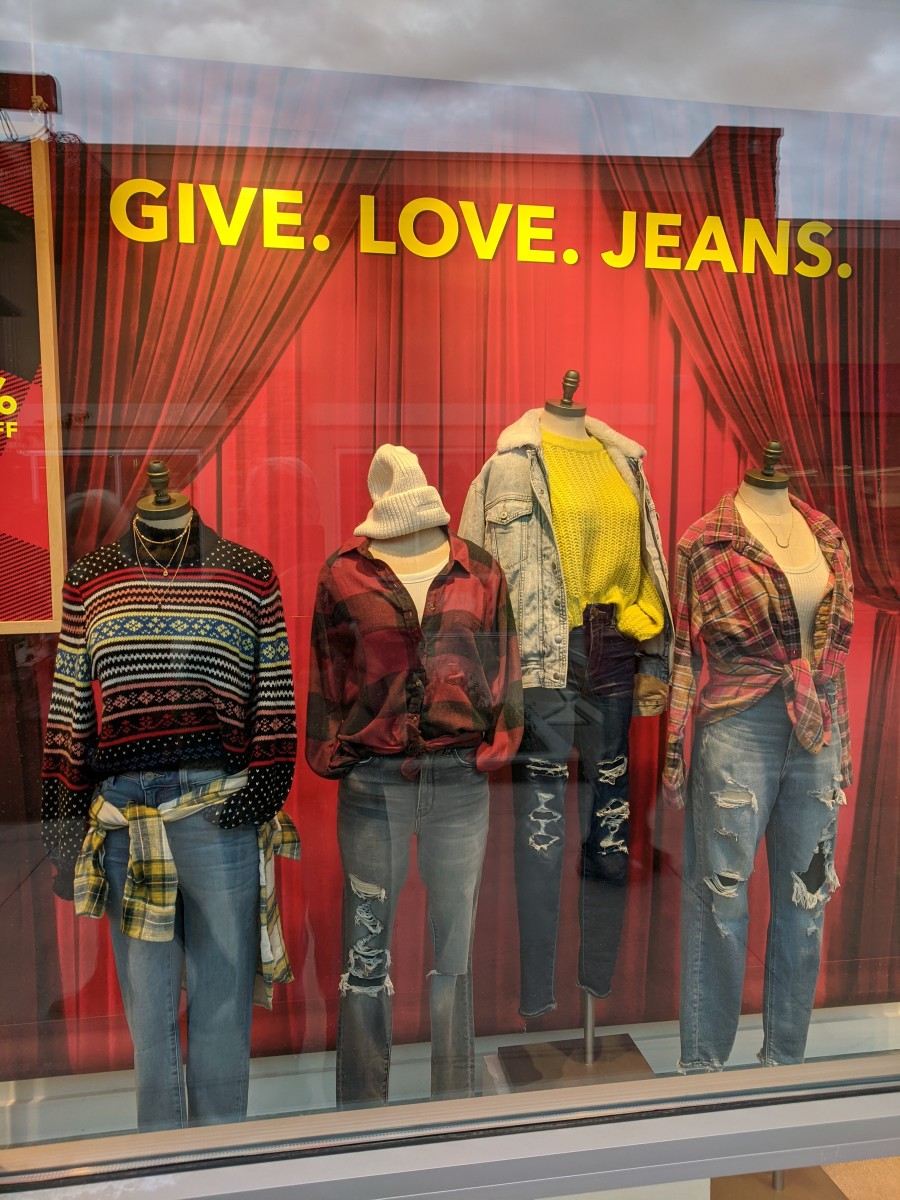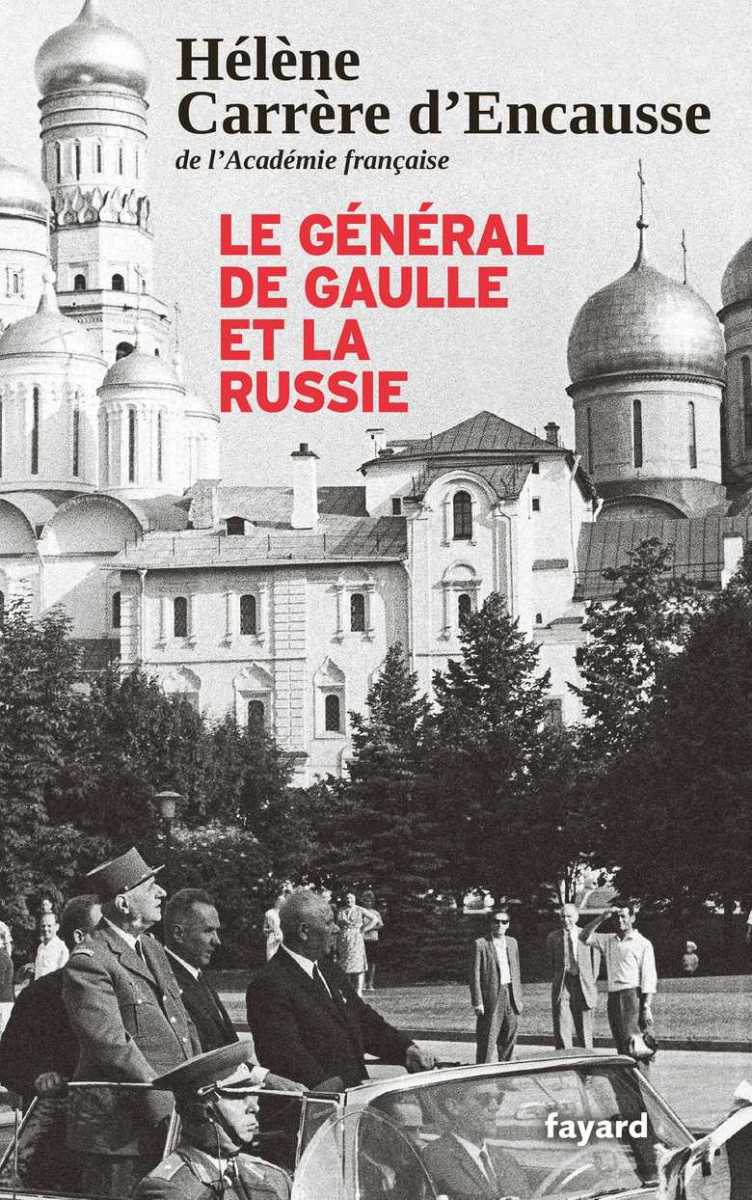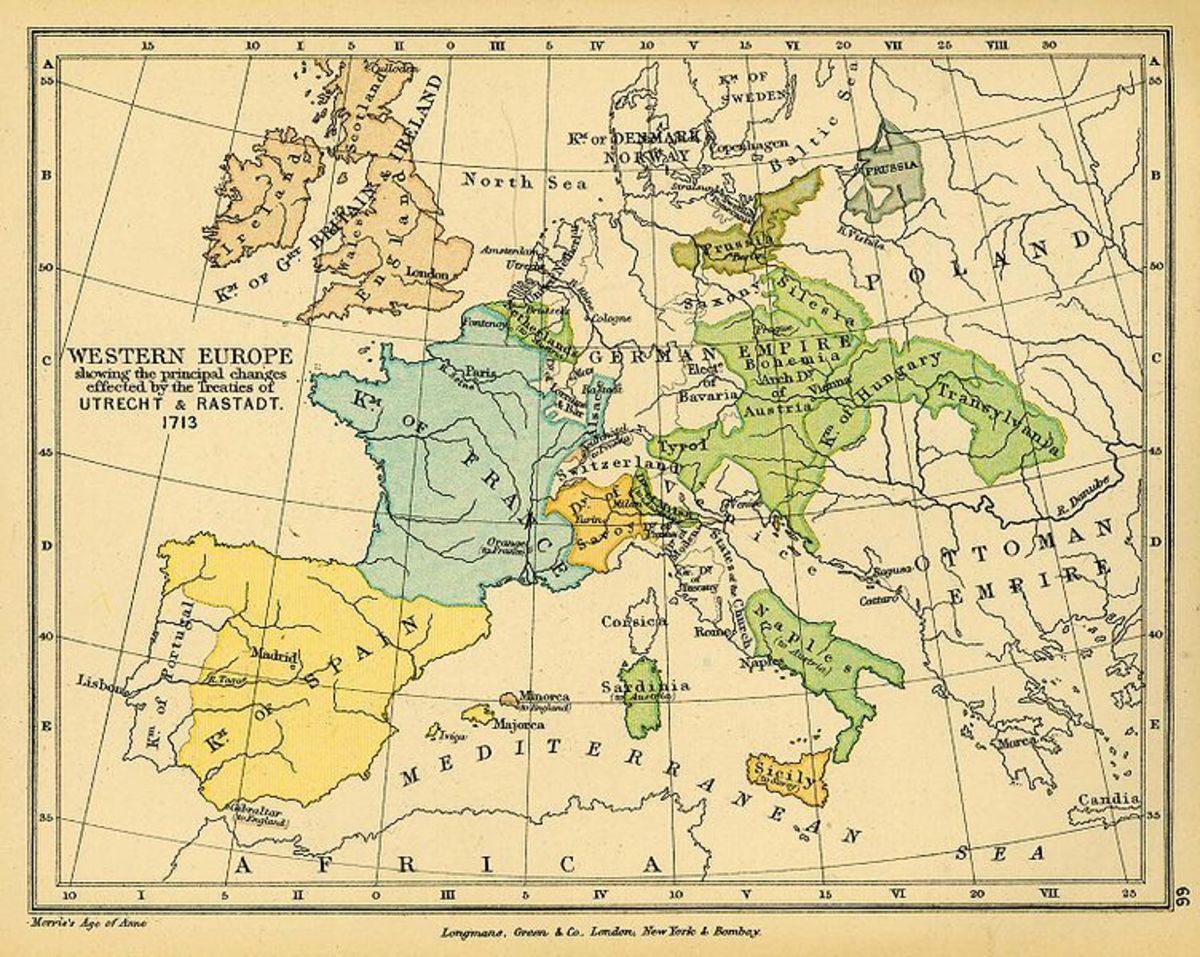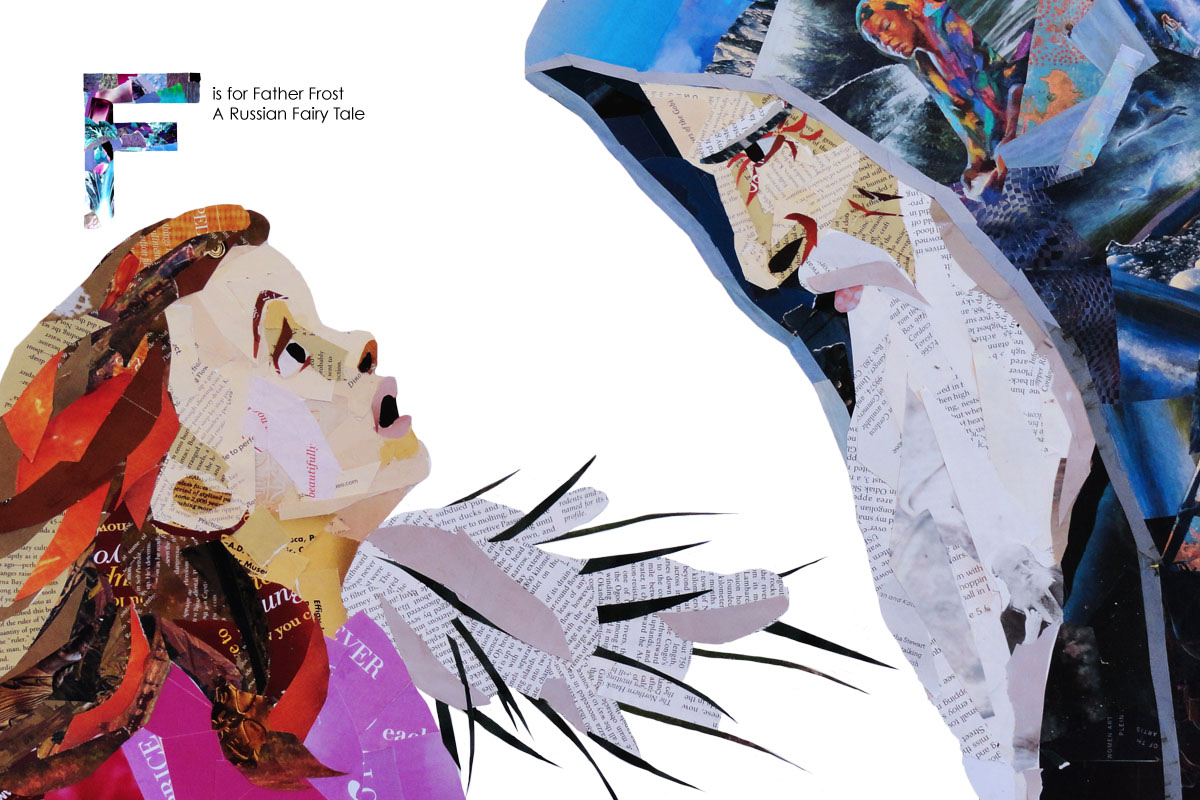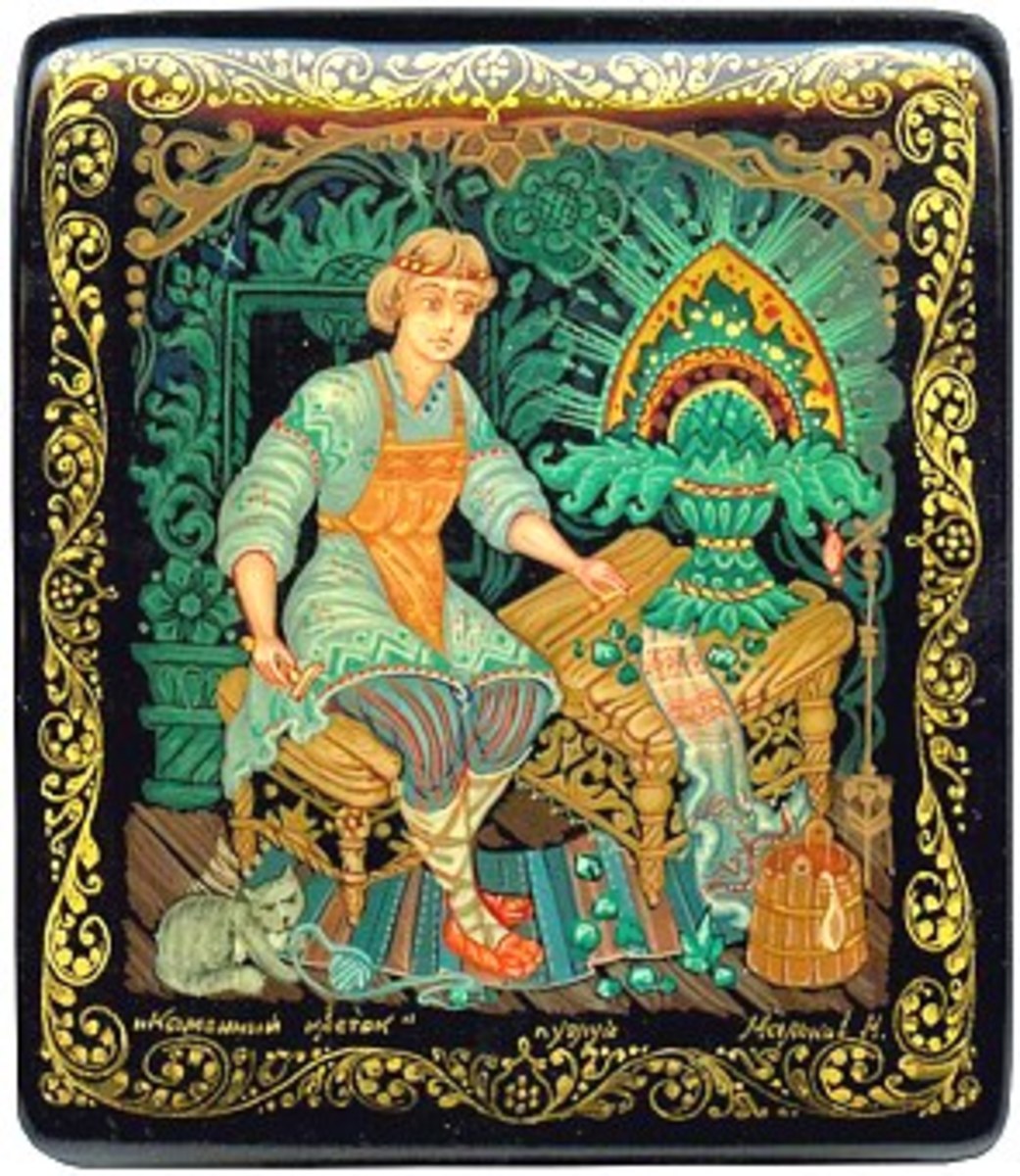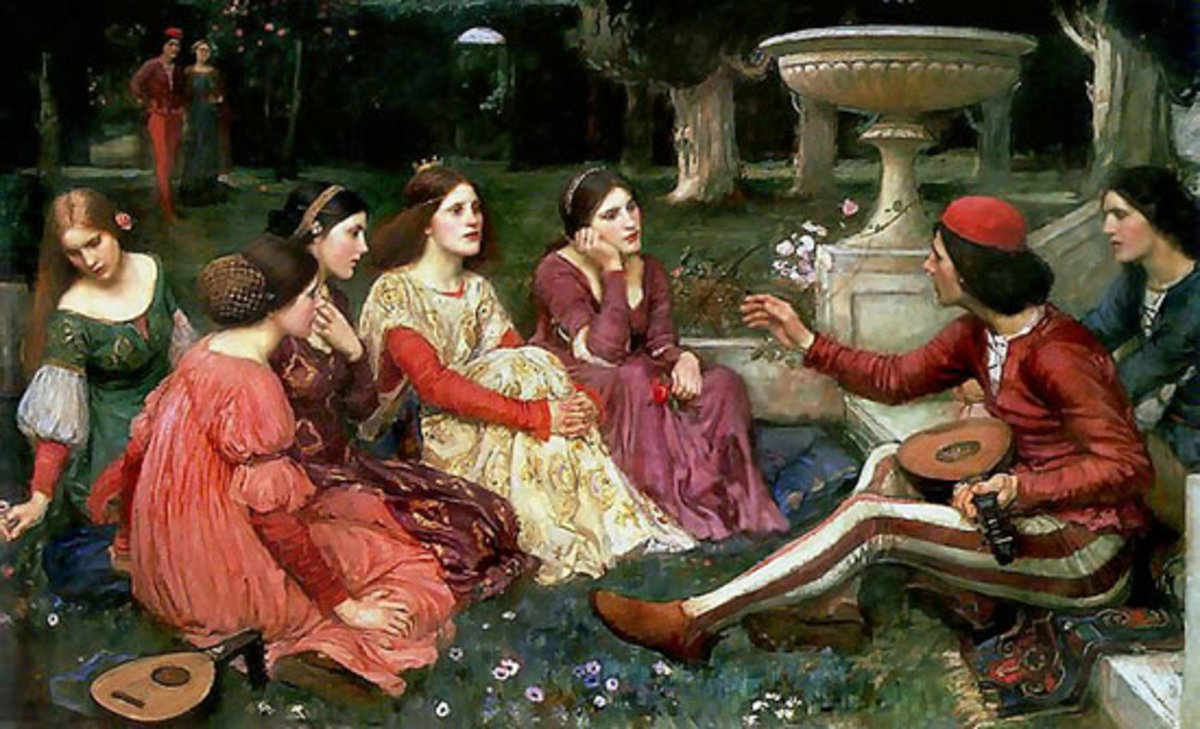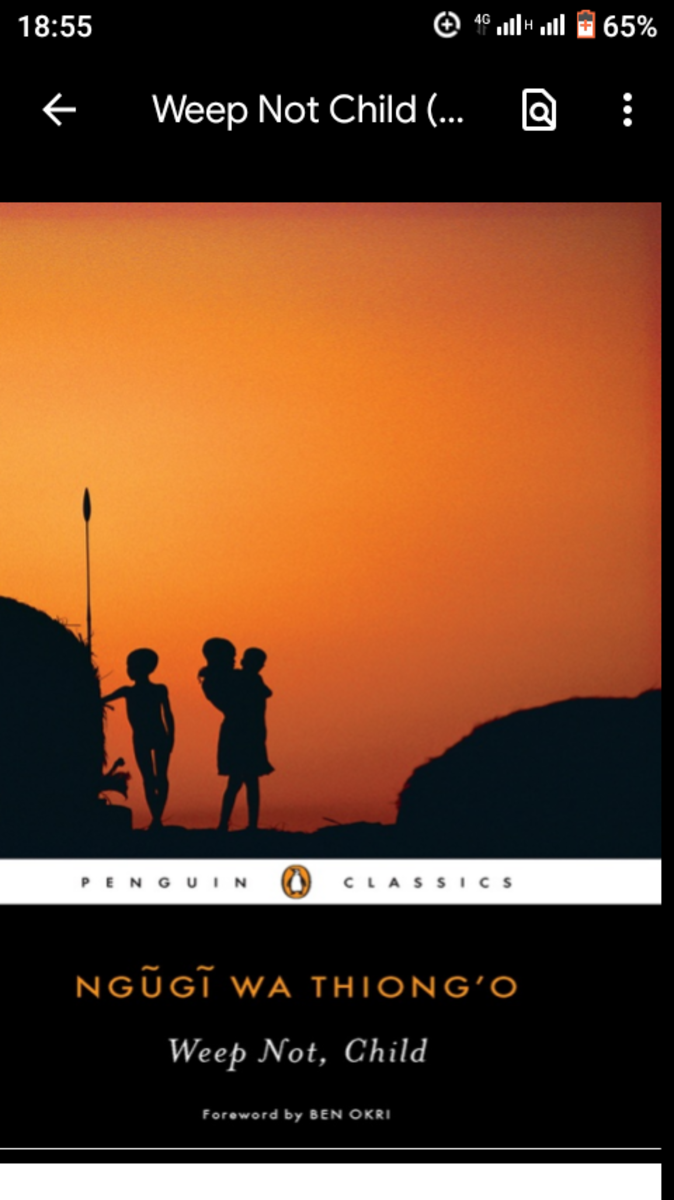Boris Pasternak and his novel, 'Doctor Zhivago'
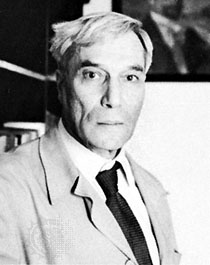
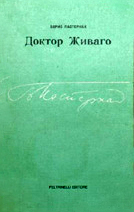
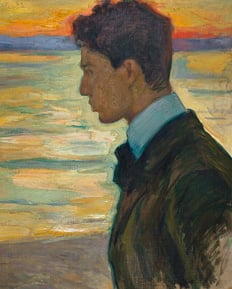
Boris Leonidovich Pasternak 1890-1960
Boris Pasternak is the author of one of my favorite novels, Dr. Zhivago, which was made into a beautiful film in 1965. The hauntingly beautiful music, Lara's Theme, still resonates with me today. This novel is the epic story of a man's life and the conflicts in his personal life, the great love he has for Lara and for his wife, Tonya, and the conflicts he has with his country, Russia, as it moves to change and reform itself from within with the great Bolshevik Revolution.
This great novel, with parts of it written as early as the 1910s and 1920s, was not published until 1957 in the western countries and banned from publication in the Soviet Union. Yet, it does parallel Pasternak's life in that he had a wife and a mistress, the love of his life, as his protagonist Yuri Zhivago does in his great novel. Yuri Zhivago also is semi-autobiographical as the conflicts Pasternak felt in his personal life and the conflicts he felt with the revolution reforming his Russia from within are also the conflicts his protagonist, Zhivago, must confront in the novel.
Boris Pasternak was born in 1890 in Moscow, Russia and became a Russian language poet, novelist and literary translator. He was held in high respect by Russians and the Soviet government even though the Soviet government did not always agree with what he wrote.
His first anthology of poetry, My Sister, Life, is one of the most influencial, popular and famous poetry collections every published in the Russian language. His translations of great stage plays by Johann Wolfgang von Goethe, Friedrich Schiller, Pedro Calderon de la Barca and William Shakespeare, remain popular with Russian audiences today.
Outside of Russia, he is best known for his great novel, Doctor Zhivago. This novel takes place between the Russian revolution of 1905 and World War II and the setting is during the upheaval of Tsarist Russian changing and reforming and ending up becoming the Communist Soviet Union. The novel is a protest against the socialist state and for individuality so the publication of this novel was banned in the Soviet Union.
Pasternak was born in 1890 into a wealthy Russian-Jewish family that was well-known and well-liked throughout Moscow. It was a creative and artist family. His father, Leonid Pasternak was a post-impressionist painter and professor at the Moscow School of Painting, Sculpture, and Architecture.
His mother was Rosa Kaufmann, a great concert pianist in her own right. She was the daughter of an Odessa industrialist, Isadore Kaufmann. The Pasternak home was a favorite meeting place of great writers and artists during Boris' childhood.
His parents joined the Tolstoyan Movement and novelist Leo Tolstoy was a chose family friend and visited their home often. Other regular visitors to the Pasternak home were Sergei Rachmanioff, Alexander Scriobin, Lev Shestov and Rainier Maria Rilke.
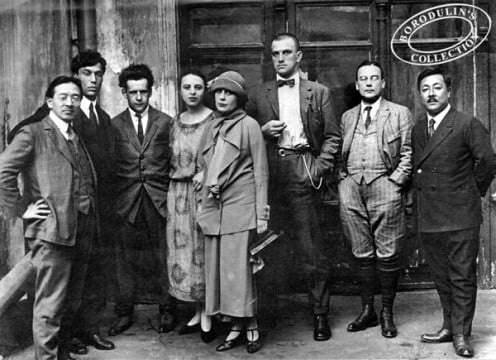
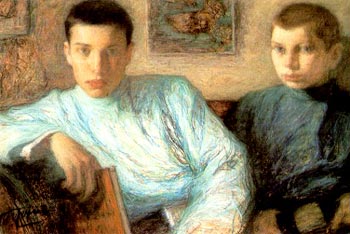
Early life
When Pasternak was ready for his university days, he first attended the Moscow Conservatory and planned to become a pianist. But, in l910 he left Moscow and the conservatory for the German University of Marburg to study philosophy. He felt his mother was such a talented and great pianist that he could never be as good as her, so he chose to change his area of study. It was during this time also that he began his writing career, first writing poetry.
When he had completed his studies, Pasternak's professor urged him to remain in Germany and continue his studies for a doctor of philosophy degree but Pasternak chose to return to Moscow. With the outbreak of WWI his poetry anthology was published that year.
His writing during his early years shows his affiliation with Immanuel Kant's philosophy, using striking alterations, wild rythmic combinations, vernacular vocabulary, and hidden illusions. His favorite poets he studied and tried to emulate were Rilke, Leremontov, Puskin, and the German language romantic poets.
After the October Revolution of 1917, Pasternak's family and friends left Russia, but Pasternak chose to remain. At first, he was in favor of the Bolshevik reforms and change from Tsarist Russia to the Soviet Union, but he ultimately came to have profound doubts about the leaders and their revolution. There were terrible shortages of fuel and food and the Red Terror who made life precarious for Pasternak.
Even Pasternak himself had to sell his valuable books just to buy bread to survive. From 1918, it became difficult for Pasternak to publish his writings. He would circulate his writings in manuscript form at Moscow cafes so his work would be read by others.
In 1921, My Sister, Life, was finally published and it revolutionized Russian poetry. He and his writings became a model to younger poets and forever changed Russian poetry.
However, as the 1920s wore on, Pasternak felt his colorful poetry style was at odds with the Soviet government. He tried to make his poetry more comprehensible to the increasingly less educated readership. He wrote much prose and several autobiographical stores during this time and really this was the 'dumbing down' of his writings.
By 1927, Pasternak's friends urged him to furthur subordinate his poetry and writings to the Arts under the Communist Party of the Soviet Union. They feared he would be imprisoned for his writings. By 1932, Pasternak was doing just that. He began to reshape his work to be more understandable to the general public and at this time published a new collection of poetry.
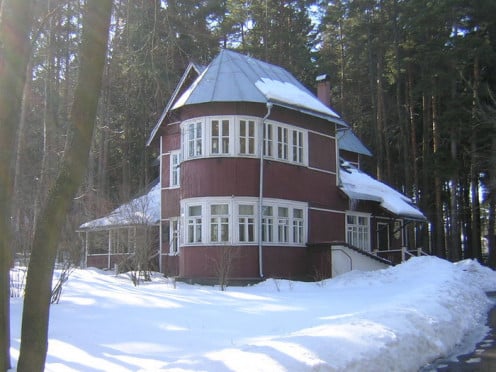
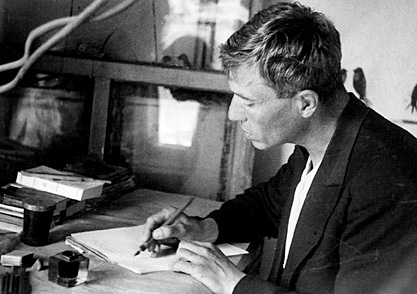
Later life
During Joseph Stalin's leadership in the party and the Soviet government, Pasternak became more and more disillusioned with the Party's tightening censorship of literature. He was still unwilling to totally conform and was terribly upset when writer friends were arrested in their homes and disappeared.
Once, Pasternak even spoke with Stalin himself on the phone trying to get a fellow writer out of prison, but was unsuccessful in his plea. During Stalin's Great Purge, Pasternak refused to sign a petition advocating the death penalty for censorship defendants.
During these years, Pasternak was married to Zinaeda Pasternak and the two had children together. In 1946, however, Pasternak met the love of his life, Olga Ivinskaya (1912-1995). Pasternak never left his wife but entered into a extra-marital relationship with Olga for the rest of his life.
In 1949, Olga was arrested in her apartment by the KGB as she helped Pasternak with his translations of other literature. She was imprisoned for ten years as the KGB hoped to get information out of her that they could use against Pasternak, but she never revealed anything about him. She finally was released and she and Pasternak took up where they had left off.
His novel, Doctor Zhivago, was finally completed and ready for publication in 1956. It was banned by the Soviet government and Pasternak could not find a publisher in the Soviet Union who would publish it. Pasternak was finally approached by an Italian publisher and the manuscript was smuggled out of Russia and published in Milan, Italy in 1957. It became a best-seller outside of Russia and became quite popular and famous all over the world. It was then translated into many different languages.
In 1958, Pasternak was to be awarded the Nobel Prize for Literature, but he was told by the Soviet government that if he traveled to Stockholm, Sweden to accept the prize he would not be permittedf to re-enter the Soviet Union afterwards. Pasternak, devastated by this news, turned down the prize and remained in the Soviet Union.
It was not until 1989 and far after Pasternak's death that his son was permitted to leave the Soviet Union to go to Stockholm, Sweden to accept the Nobel Prize award in his father's name.
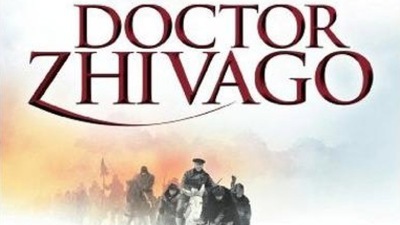
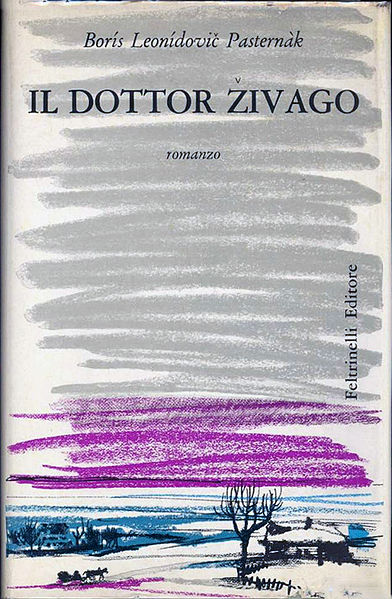
Doctor Zhivago - the novel
Pasternak's great novel is named after his protagonist, Yuri Zhivago, who is a medical doctor and poet. The novel is set during the time between the Russian Revolution of 1905 and WWII. The novel takes an independent minded stance on the October Revolution and the reason the novel was refused publication in the USSR, until the Soviet government fell in the 1990s.
It was Italian publisher, Giangiacomo Feltrinelli, who had the manuscript smuggled to Milan, Italy and he first published the novel in Italian in 1957. It is believed that the American CIA and the British M16 aided Feltrinelli in getting the manuscript out of the Soviet Union.
When Pasternak was awarded the Nobel Prize for Literature, the Communist Party of the USSR was so humiliated and enraged that Pasternak declined the award. The novel was so popular and famous after being published world-wide in many different languages that David Lean made his 1965 film of the novel.
The novel was rejected by the USSR because of the novel's rejection of Socialist realism. Pasternak, in his novel showed more concern for the welfare of the individual than the welfare of society as a whole which was at odds with Soviet communism.
The Soviet censors felt some of the passages of the novel were out and out anti-Soviet and were also enraged by Pasternak's subtle criticisms of Stalinism, Collectivization, the Great Purge and the Gulag.
Because of Pasternak's intelligensia and genius status in the USSR and coming from one of Russia's old and great families, he, remarkedly, never was imprisoned over this novel or his other writings.
The story of Dr. Zhivago does parallel Pasternak's love life as well. Yuri Zhivago is a sensitive poet and medical doctor and his idealism and principles stand in contrast to the brutality and horror of WWI and the Russian Revolution and the Russian Civil War.
The brutality and horrors of the Bolsheviks and the White Army destroy the idealism and the good principles Zhivago stood for.
Zhivago's main conflict besides his idealism versus the revolution is his love for two women. One, his wife, Tonya and two, his lover, Lara. However, Lara does become his great love and the person who inspires his great poetry.
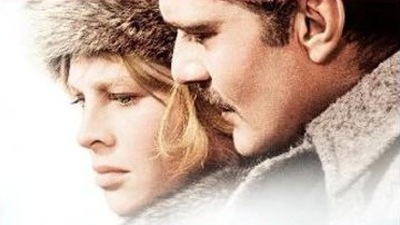
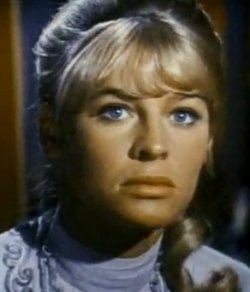
The themes of Doctor Zhivago
Several themes run through Pasternak's epic novel and speak his truth to us through Yuri Zhivago's life and story.
Loneliness is one theme that is highlighted by Pasternak in his novel. The grand political change that comes to Russia brings forth the human need and longing for companionship. During the novel, Yuri is separated for long periods of time from both women he loves, his wife, Tonya and his lover, Lara.
Throughout the novel, Zhivago continually searches for connection and stability. Zhivago represents all Russians who are fighting for a stable, steady home life. Zhivago steals moments of true happiness with both Tonya and Lara, but it is his love for Lara that inspires his great poetry.
The novel opens with the death of Zhivago's mother when he is a small child. Orphaned, he lives with Tonya's family and grows up with them. His love for Tonya, when he is an adult, is that of a great friendship. Tonya represents a mother-love to Zhivago, who has lost his biological mother.
Lara represents the passionate, romantic love that Zhivago also needs. He needs both types of love to be fulfilled and survive. He needs both loves to fill his empty hole of loneliness within.
Individuality is another theme of the novel. The Russian revolution was an ideological struggle, forcing all to assimilate to communism or face exile or extermination. The uncompromising nature of the revolution at odds with Zhivago's ideals of individual thought and choice run throughout the novel. Zhivago is continually trying to come to terms with the revolution and the turmoil it throws his life into during this time.
Zhivago represents the ultimate individual expressing himself through poetry and seeing the beauty in all aspects of his life. He is deeply introspective and overcome with emotion throughout the novel. But, his individualized poetry is not wanted by the revolutionaries.
His love affair with Lara is passionate and romantic but becomes increasingly impossible in the face of Soviet ideology. Zhivago's attempts to exert control over his own individual self end futilely. He is unable to survive in the new Soviet era as a true individual remaining true to his ideals.
The corrupted revolution is the last big theme in Pasternak's novel. Zhivago realizes that Russia needs serious reforms and at first is not against the revolution. But, as time progresses, he sees the hypocrisy of the revolution. He recognizes the grabs for money and power and he recognizes the promises made by the leaders of the revolution that never came to fruition.
What eventually went wrong was that the revolution leaders had good ideas, but human failings and flaws caused these ideas to become warped or even forgotten in the goal of the revolution.
The trauma and suffering caused to all by this mislead train wreck of a revolution was permanent and devastating to Russian society.
Pasternak's great novel is a conglomeration of parts of Pasternak's own life. He strove for the individual and for the private life as Zhivago does in the novel. Zhivago's great love and muse, Lara, parallels Pasternak's relationship with Olga Ivinshkaya. His greatest novel was not accepted by Russia until the Soviet Union died in the 1990s, long after his own death. But, his great truth and love for his country was made a statement in the novel that became so famous outside of the Soviet Union.
Note: David Lean's film concentrates more on the love triangle between Zhivago, his wife and his lover, than the actual written novel does. The novel is broader in scope of the themes that run through the book.
Copyright (c) 2013 Suzannah Wolf Walker all rights reserved




